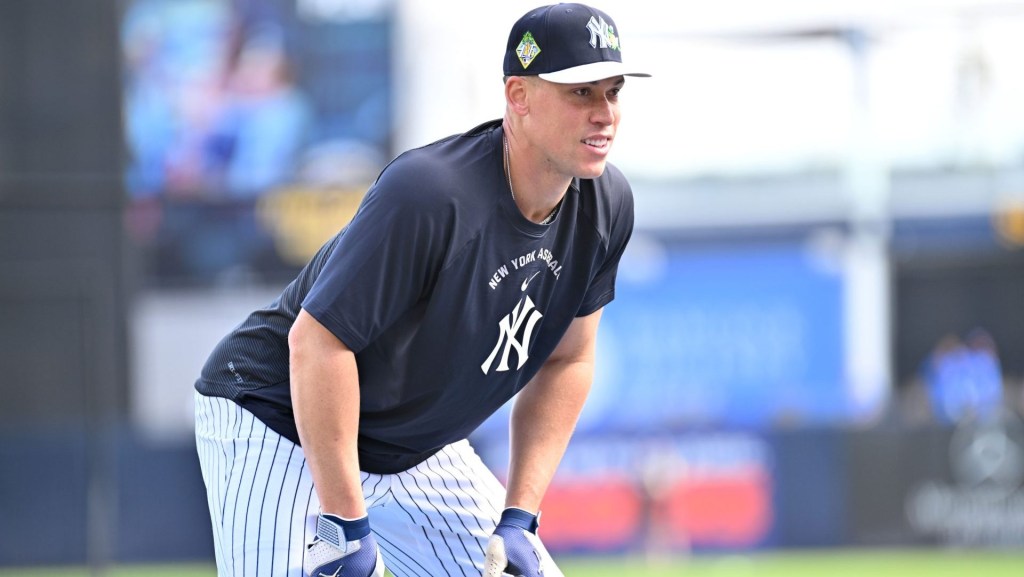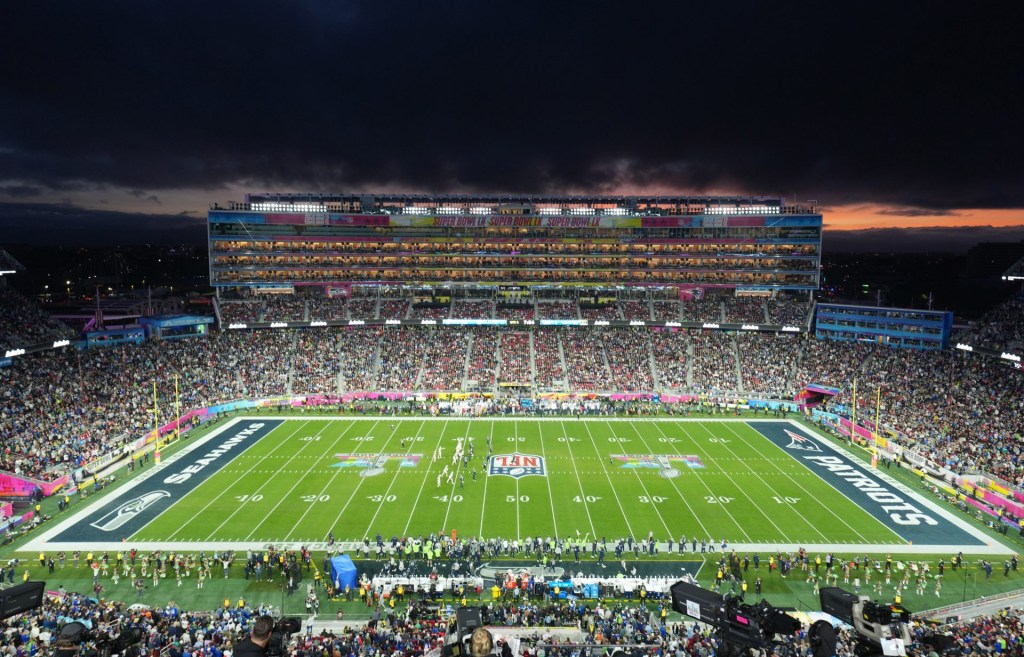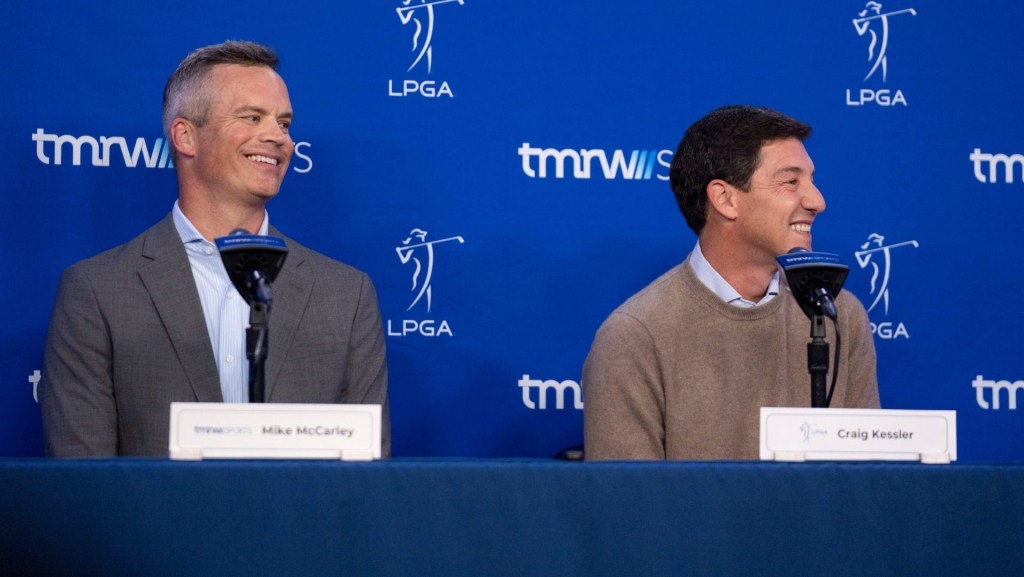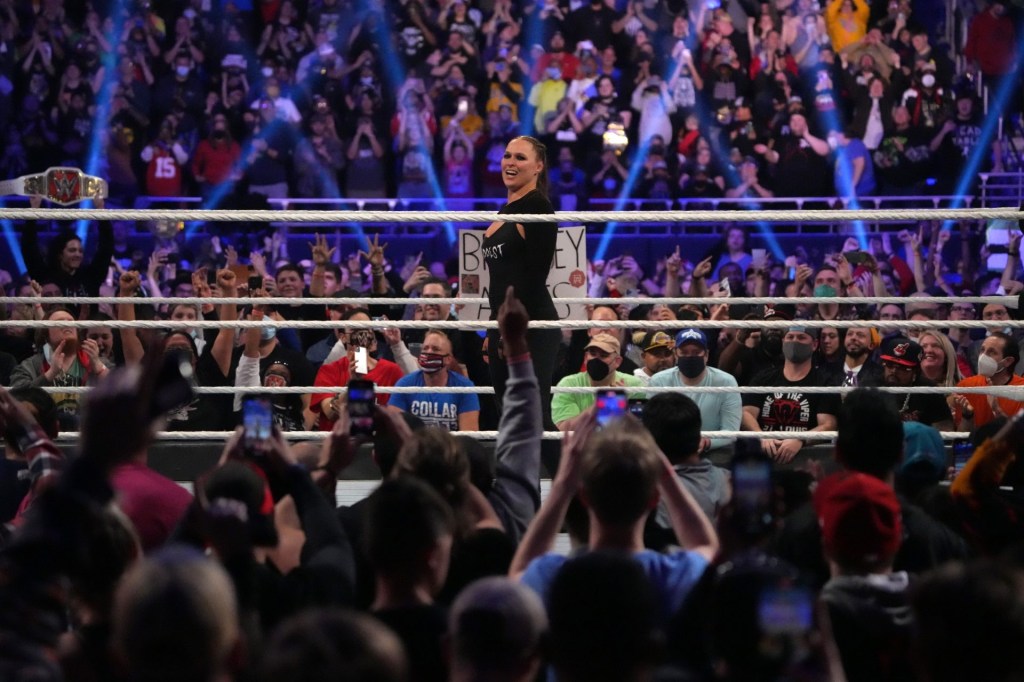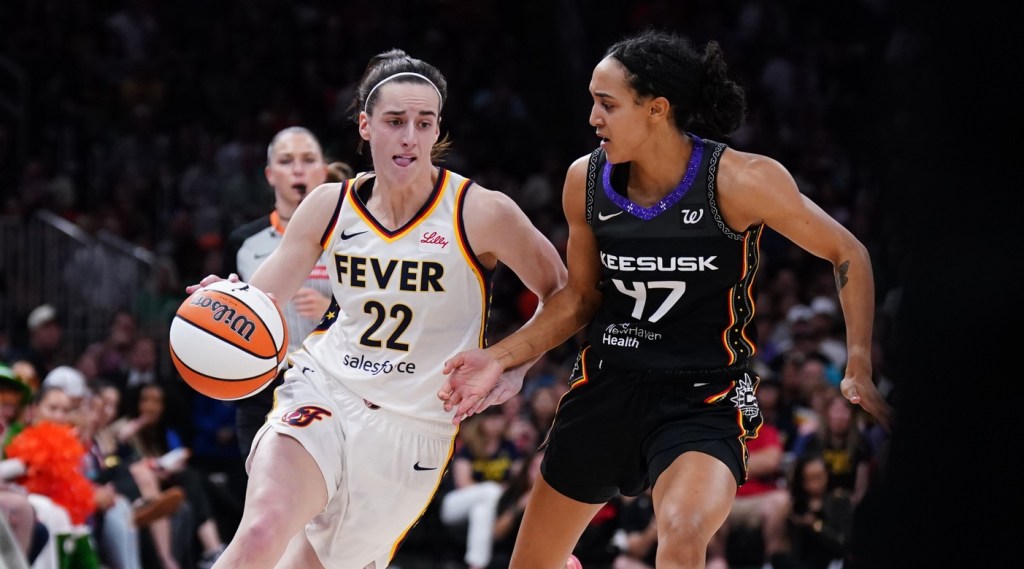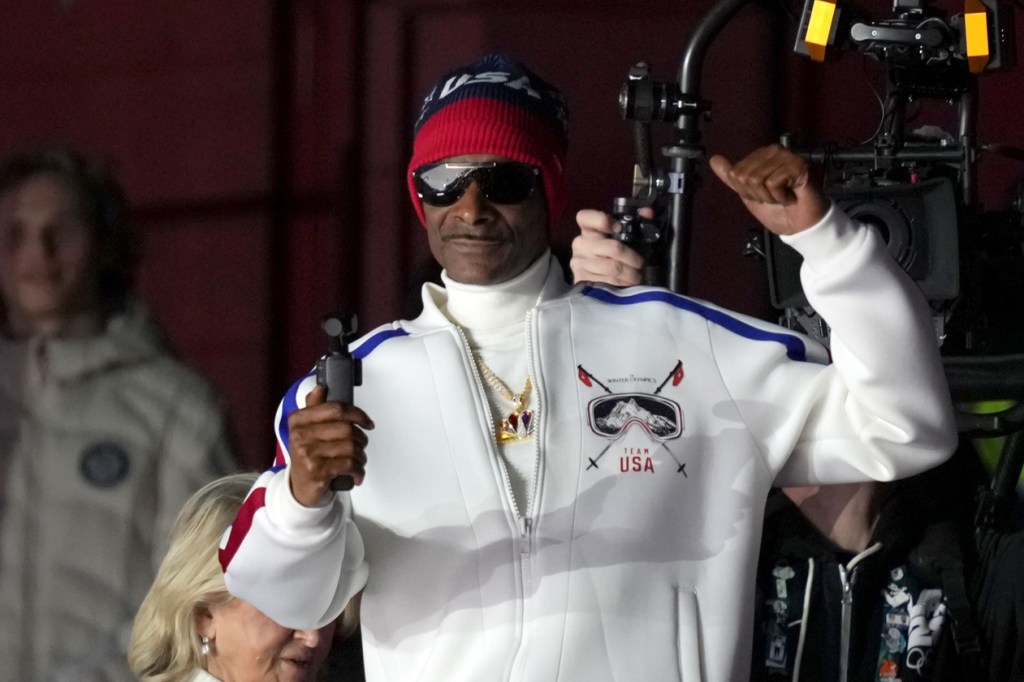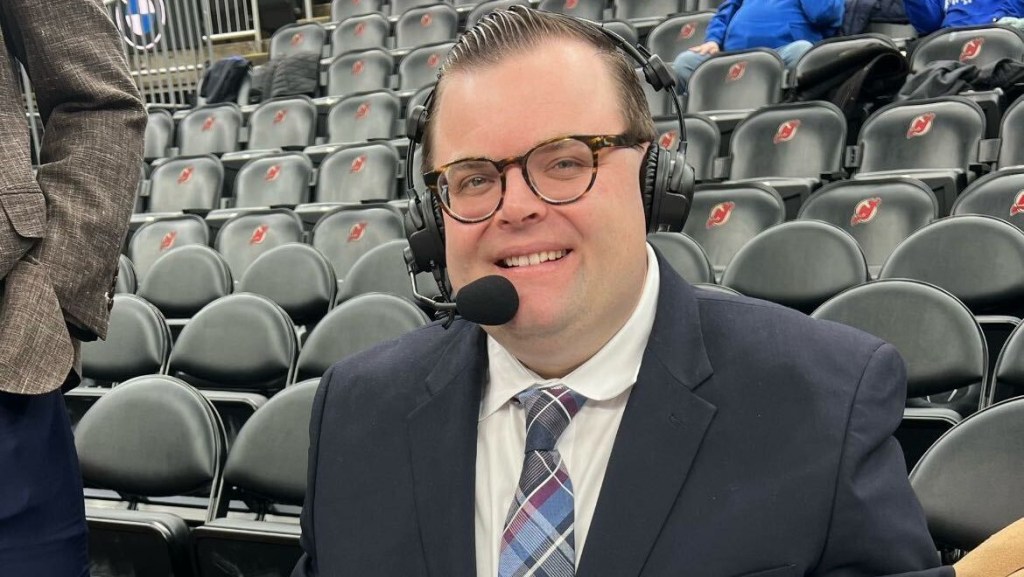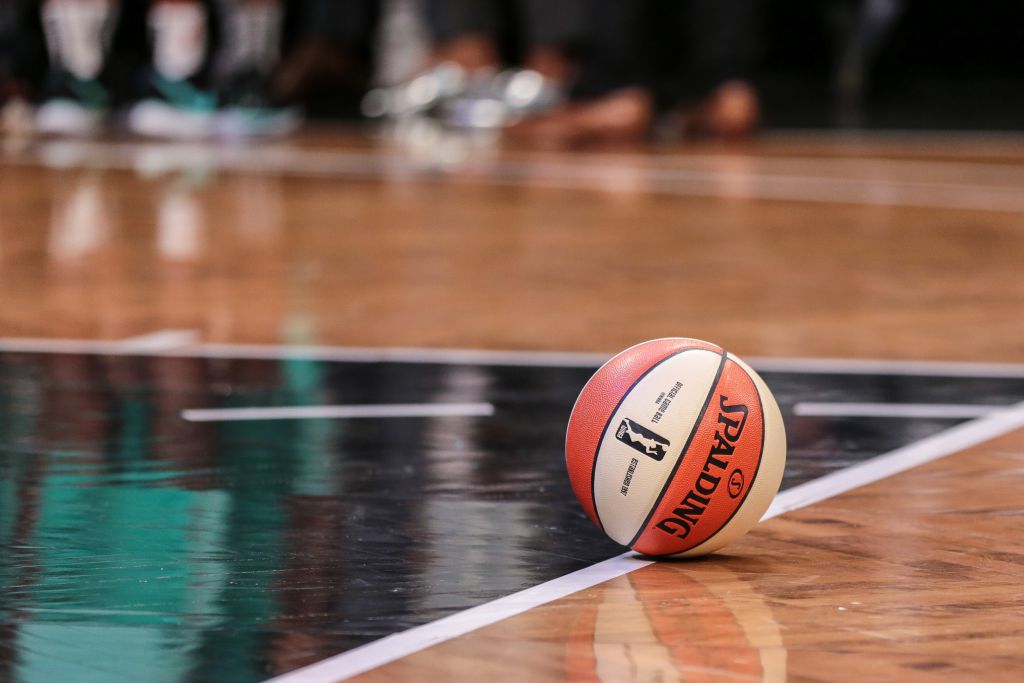
Through the first several weeks of the 2019 WNBA season, there has been a significant rise in audience viewership and fan engagement around the league, with ratings up nearly 64 percent when compared to the same time last season.
While one reason for this sudden spike is certainly due to new and expanded broadcast partnerships between the WNBA and networks like ESPN and CBS, the growing popularity has also been fueled in large part by the discernible cultural shift happening in the media below the surface.
In recent months, major media outlets like Bleacher Report, The Athletic, Overtime and SLAM have all launched their own verticals dedicated to expanding coverage of women’s basketball and the WNBA, propelling the conversation around the league’s culture from a grassroots level.
However, despite the fact that the WNBA is currently in its 23rd season, coverage of the league by sports media brands has only recently picked up thanks to pressure from a growing fanbase on social media.
“Social media has allowed us to grow exponentially over the past few years and it’s a very special time in the W,” said Arielle Chambers, social programmer for Bleacher Report’s new women’s sports account, WeAreJayla. “It’s the pressure coming from those who have organic influence on the W because of the work they’ve done – for free – over the years has captured the interest of bigger brands. If the interest is there, it can turn into monetary benefits. That’s why you see outlets like Bleacher Report, Slam and the Athletic covering the WNBA.”
In addition to Bleacher Report’s expanded women’s basketball coverage, The Athletic also announced just before the start of the 2019 season that it would be building out its own WNBA vertical by hiring 12 new beat writers (one for each team) and two national writers.
“When your coverage is inconsistent, it’s hard to build a reader base,” said Hannah Withiam, associate editor for The Athletic’s WNBA coverage. “I’m proud of our vision here at The Athletic because we started out covering the WNBA this year as we would any other league, with an established core of beat writers and national writers.”
Struggling to establish equal media coverage is something the WNBA is all too familiar with. In recent months, lifestyle brands like WNBAKicks have worked to fill this gap by developing content that speaks to the culture behind the game.
Melani Carter, Co-founder of WNBAKicks, understands the potential impact these new platforms have when it comes to reshaping how the WNBA and its athletes have traditionally been perceived by the public.
“For years, we felt that the conversation around the league was questioning [the player’s] ability to compete on a high level and their fight for a space to belong,” said Carter. “Mainstream media seemed a bit hesitant on how they approached the league, but we knew what was missing. We are the voice of the new-aged athlete and women’s sneaker culture.”
For its dedication to highlighting the sneaker culture around the league, WNBAKicks has received national exposure and amassed 27K followers on Instagram in less than a year, further proving that the demand for WNBA related content is growing.
READ MORE: Cathy Engelbert on Her Role and the Future of the WNBA
“[Our] platform ignites conversation around former and current players who weren’t showcased on a consistent basis. This is the first time the conversation shifted from basketball to lifestyle in the WNBA. We quickly emerged as that platform to highlight the lifestyle and cultural component for the women of the WNBA.” said Carter. “I always like to say we solved a 22-year-old problem in eight months.”
Cathy Engelbert, who was named the WNBA’s first commissioner in May and started her role on July 17, said she believes the move towards deeper, more ingrained coverage of the league is a byproduct of the larger push for equality. It’s something she had noticed as CEO of Deloitte, where she was the first female CEO of a Big Four professional services firm, and where she championed its push into women’s leadership platforms and diversity inclusion platforms.
“Every company is trying to find their way as to how they can support women in the workplace, women’s social voices, and just women more broadly,” Engelbert said. “I think that’s what we’re seeing, and we hope that there are more corporations that are interested in this platform because that’s how we can garner interest, enhance the league, and take the W to the next step.”
In addition to expanded coverage from new media and emerging lifestyle brands, ESPN and CBS have also responded to growing demand for more live game broadcasts. Prior to the start of the season, ESPN Networks expanded its regular season coverage by 25 percent after increasing its broadcast schedule from 13 games last season to 16 this year. The expansion includes three broadcasts on ABC, two on ESPN and 11 on ESPN2 over the course of the season. CBS also struck a deal to air 40 live primetime and weekend WNBA games over the course of the 2019 season.
“I think we need to continue to see an investment from media companies covering and airing the WNBA,” said Withiam. “It’s no secret that offering more exposure to the WNBA creates more visibility and attracts more fans.”
As the WNBA’s 23rd season progresses, it’s evident that the league has reached a tipping point in the media. With extended broadcast coverage from ESPN and CBS, as well as the emergence of new media coverage from Bleacher Report, The Athletic and WNBAKicks, the game’s fanbase is steadily increasing.
READ MORE: WNBA Targets Broader National Reach With CBS Sports Deal
“It’s beautiful to watch the game grow,” said Carter. “These women are superstars and deserve all of the accolades that come with it.”
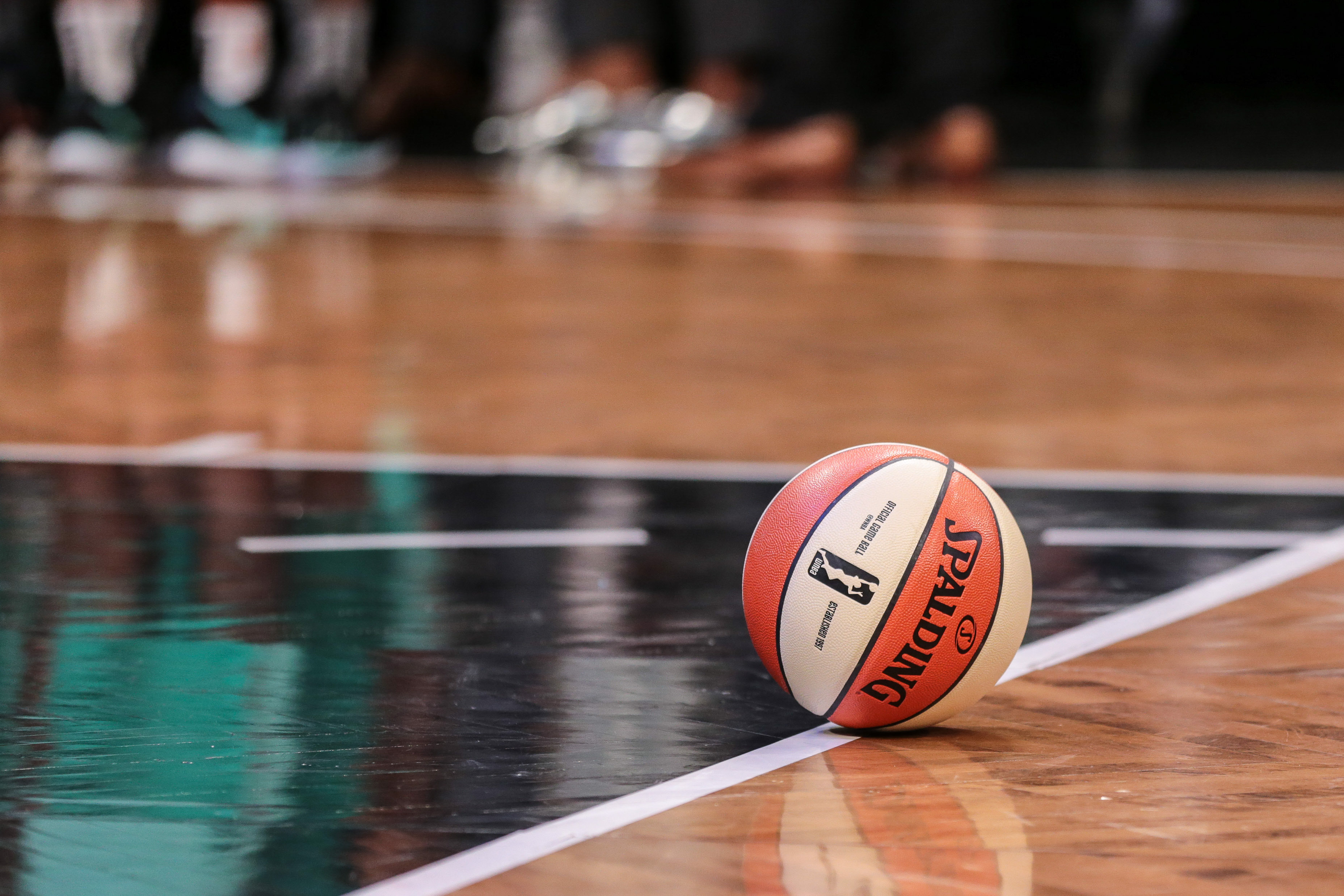
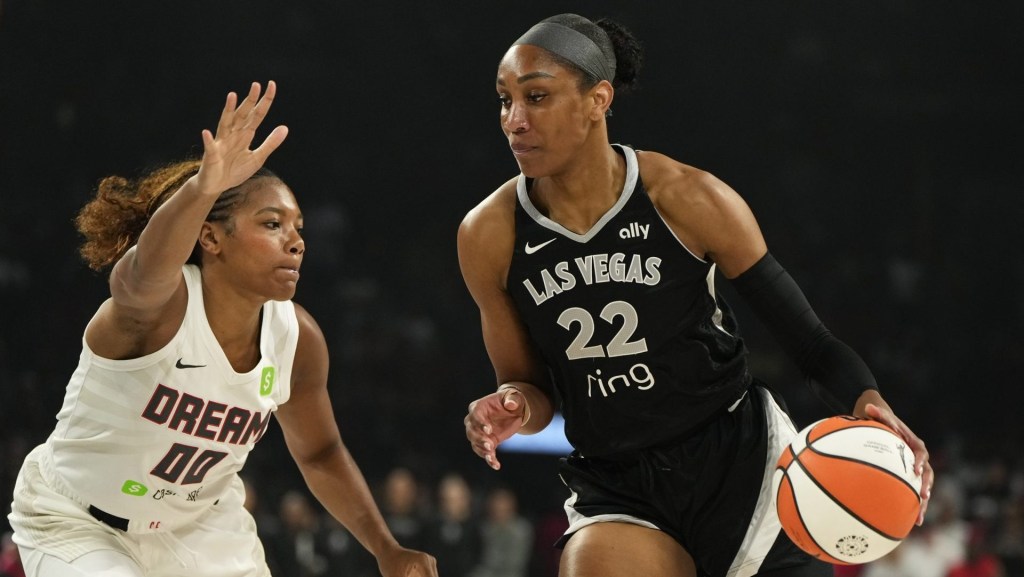
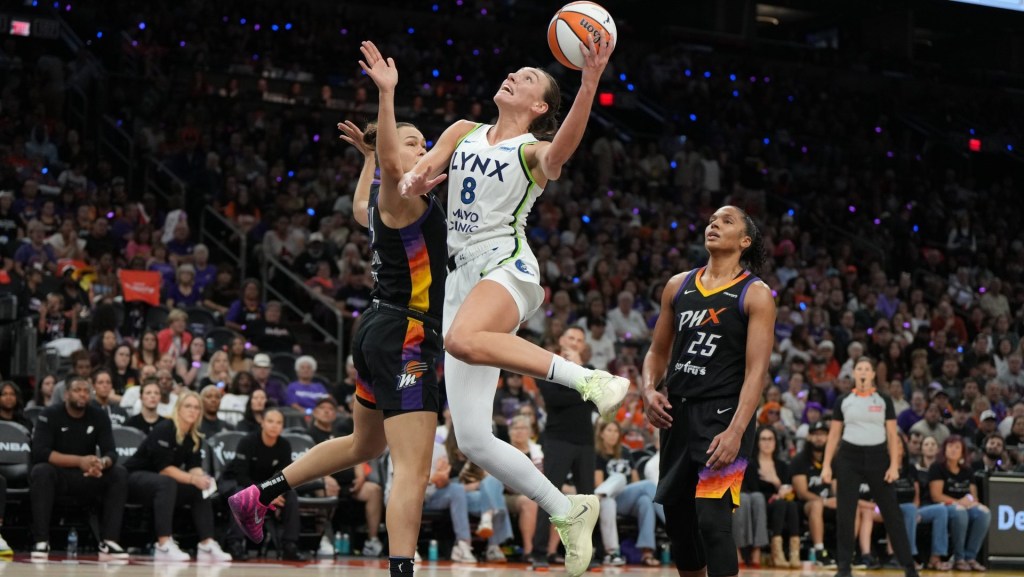
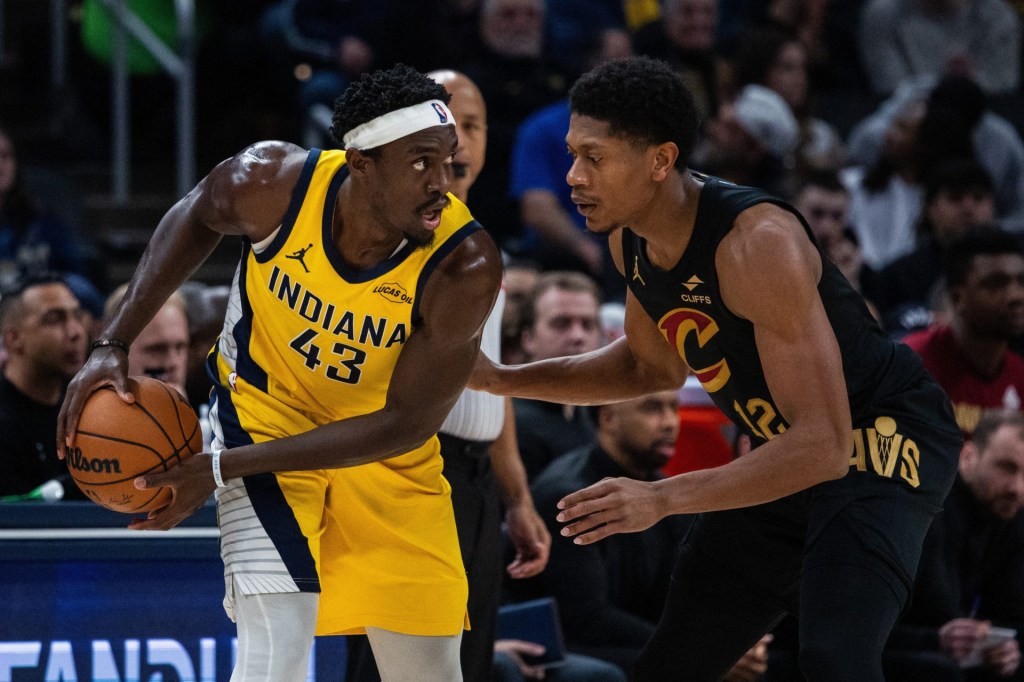
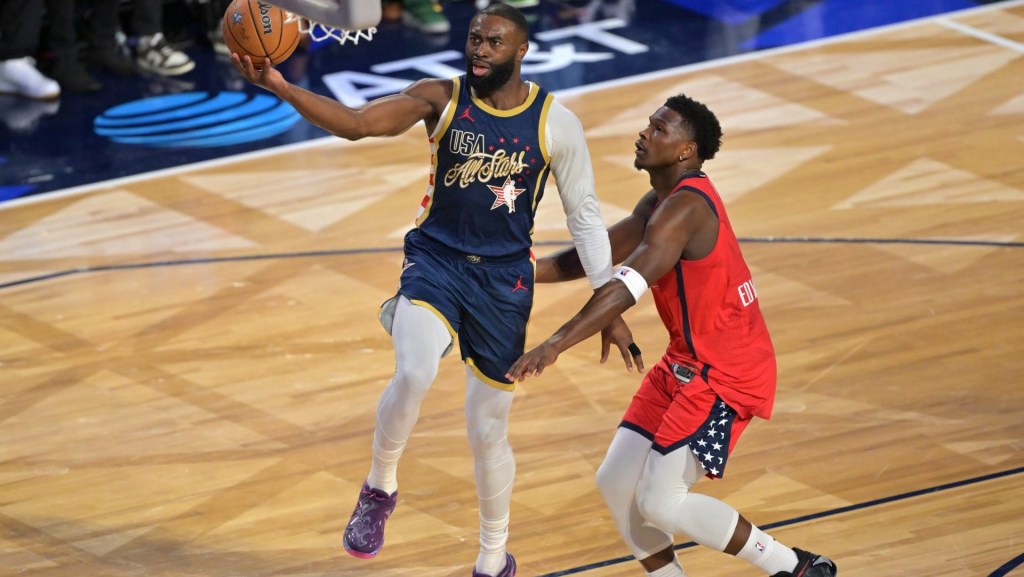
![[Subscription Customers Only] Jul 13, 2025; East Rutherford, New Jersey, USA; Chelsea FC midfielder Cole Palmer (10) celebrates winning the final of the 2025 FIFA Club World Cup at MetLife Stadium](https://frontofficesports.com/wp-content/uploads/2026/02/USATSI_26636703-scaled-e1770932227605.jpg?quality=100&w=1024)



